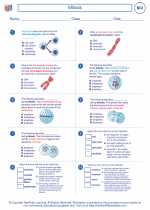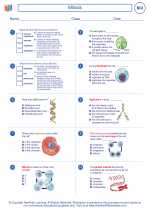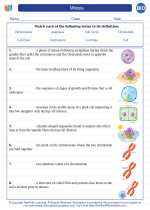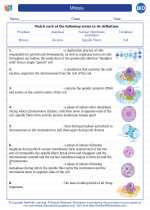Liquid
Definition
A liquid is one of the four fundamental states of matter, along with solid, gas, and plasma. It has a definite volume, but no definite shape, and takes the shape of its container.
Properties
Liquids have the following properties:
- They flow and take the shape of their container
- They have a definite volume
- They are relatively incompressible
- They have a free surface in a gravitational field
- They can diffuse and mix with other liquids
Examples of Liquids
Some common examples of liquids include water, milk, juice, oil, and alcohol.
Behavior of Liquids
Liquids exhibit several interesting behaviors, such as:
- Capillary action - the ability of a liquid to flow in narrow spaces without the assistance of, or even in opposition to, external forces like gravity
- Surface tension - the tendency of the surface of a liquid to contract to the smallest possible area due to cohesive forces between the liquid molecules
- Viscosity - the resistance of a liquid to flow, or its "thickness"
Importance of Liquids in Biology
Liquids play a crucial role in biological systems. For example, water is the primary solvent in living organisms and is essential for various biological processes such as nutrient transport, temperature regulation, and chemical reactions. Blood, which is a complex liquid, carries nutrients, oxygen, and waste products throughout the body.
Study Guide
When studying liquids, it is important to understand their properties, behaviors, and significance in biological systems. Here are some key points to focus on:
- Definition of a liquid and its distinguishing characteristics
- Examples of common liquids
- Behaviors of liquids, such as capillary action, surface tension, and viscosity
- The role of liquids in biological systems, with a focus on water and blood
[Liquid] Related Worksheets and Study Guides:
.◂Biology Worksheets and Study Guides High School. Mitosis

 Worksheet/Answer key
Worksheet/Answer key
 Vocabulary/Answer key
Vocabulary/Answer key
 Vocabulary/Answer key
Vocabulary/Answer key
 Vocabulary/Answer key
Vocabulary/Answer key
